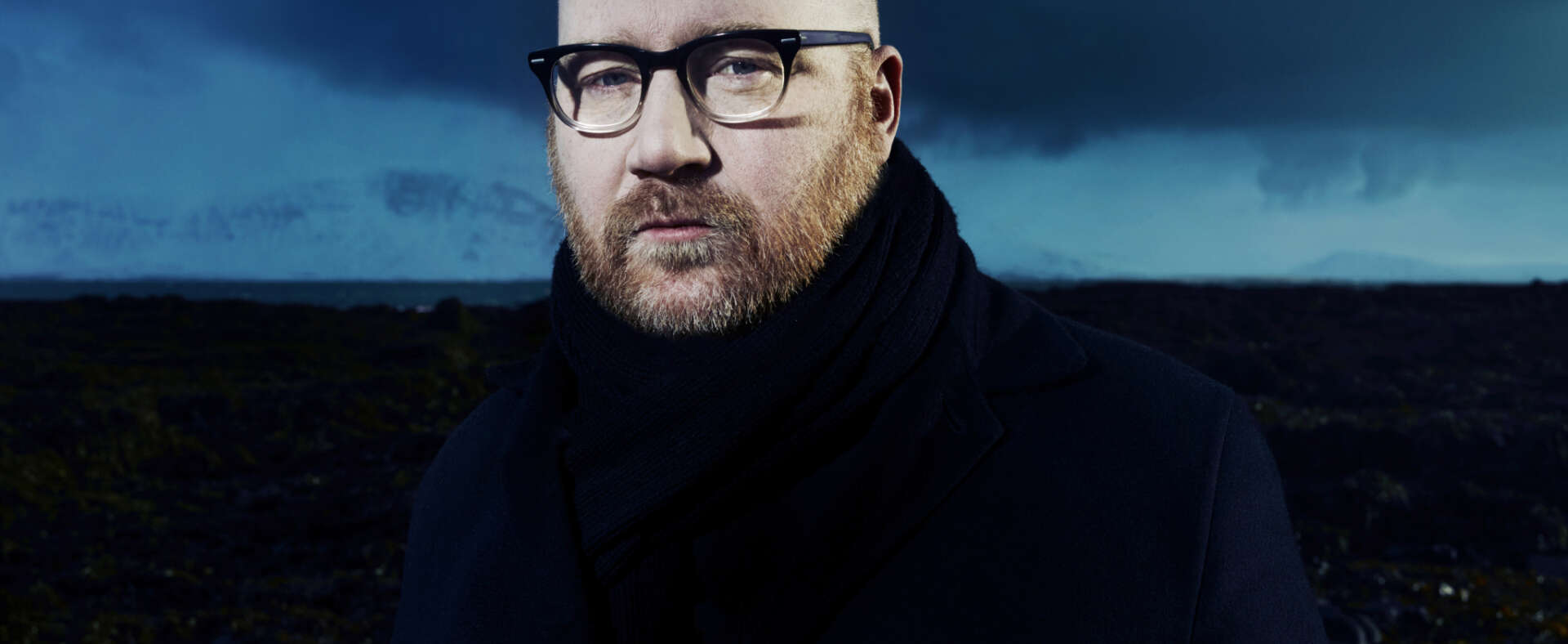WRITTEN BY: Annika Pham
He scored more than 40 films and TV dramas such as Trapped and The Theory of Everything.

He scored more than 40 films and TV dramas such as Trapped and The Theory of Everything.
Jóhannsson was at the peak of his career. He was found dead in his Berlin apartment on Friday, his management company Redbird Music Management confirmed.
The Reykjavik-born composer/musician/producer was famous for mixing classical orchestrations with electronics. He kick started his music career in the Reykjavík indie scene of the 1990s-2000s, collaborating to local bands such as Daisy Hill Puppy Farm, HAM, Lhooq, Apparat Organ Quartet, and the Kitchen Motors collective.
In 2015, he reached worldwide fame for the score of James Marsh’s The Theory of Everything for which he won numerous awards including a Golden Globe and an Oscar nomination.
READ OUR POST GOLDEN GLOBE INTERVIEW CLICK HERE.
He collected other accolades for Denis Villeneuve’s Sicario and Arrival, and was associated to several award-winning Nordic films and TV dramas. Those include Baltasar Kormákur’s series Trapped (co-written with Hildur Guðnadóttir, Rutger Hoedemaekers), Árni Ásgeirsson's film Thicket than Water, the Danish documentaries The Good Life by Eva Mulvad, Free the Mind by Phie Ambo, and Rasmus Heisterberg’s film In the Blood.
His most recent film scores were for James Marsh’s The Mercy starring Rachel Weisz and Colin Firth and the upcoming US film Mary Magdalene starring Rooney Mara and Joaquin Phoenix.
In an interview with us where he discussed his art and the Stephen Hawking biopic The Theory of Everything, Jóhannsson said he was inspired by a quote from the theoretical physicist and his quest for “a simple, elegant equation which explains everything”. He said: “in a much smaller and humbler way, I attempted to do something similar with music, to express complex emotions and an intricate and fascinating story with the simplest means available to me.”
He cited the quintessential collaborative work with a director and the need for a film composer to keep his own voice and use it to ‘enhance’ the material and storytelling.
In addition to his film work, Jóhannsson released several solo albums such as Orphée, published by Deutsche Grammophon. In a recent statement, he said his composition inspired by the Orpheus myth, contemplates “impermanence, memory and the elusive nature of beauty, ultimately celebrating art and its power of renewal.” The Icelandic artist is survived by his parents, sisters and daughter.